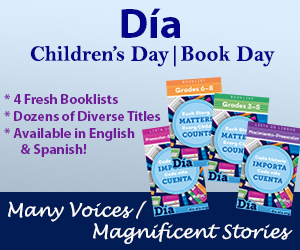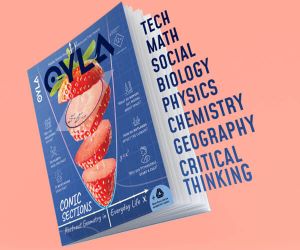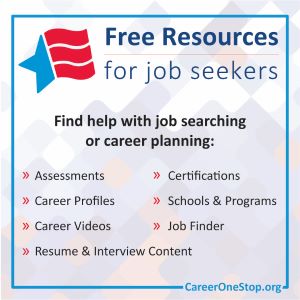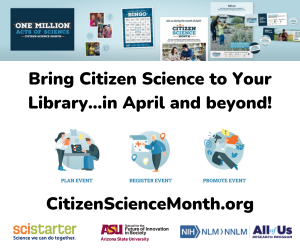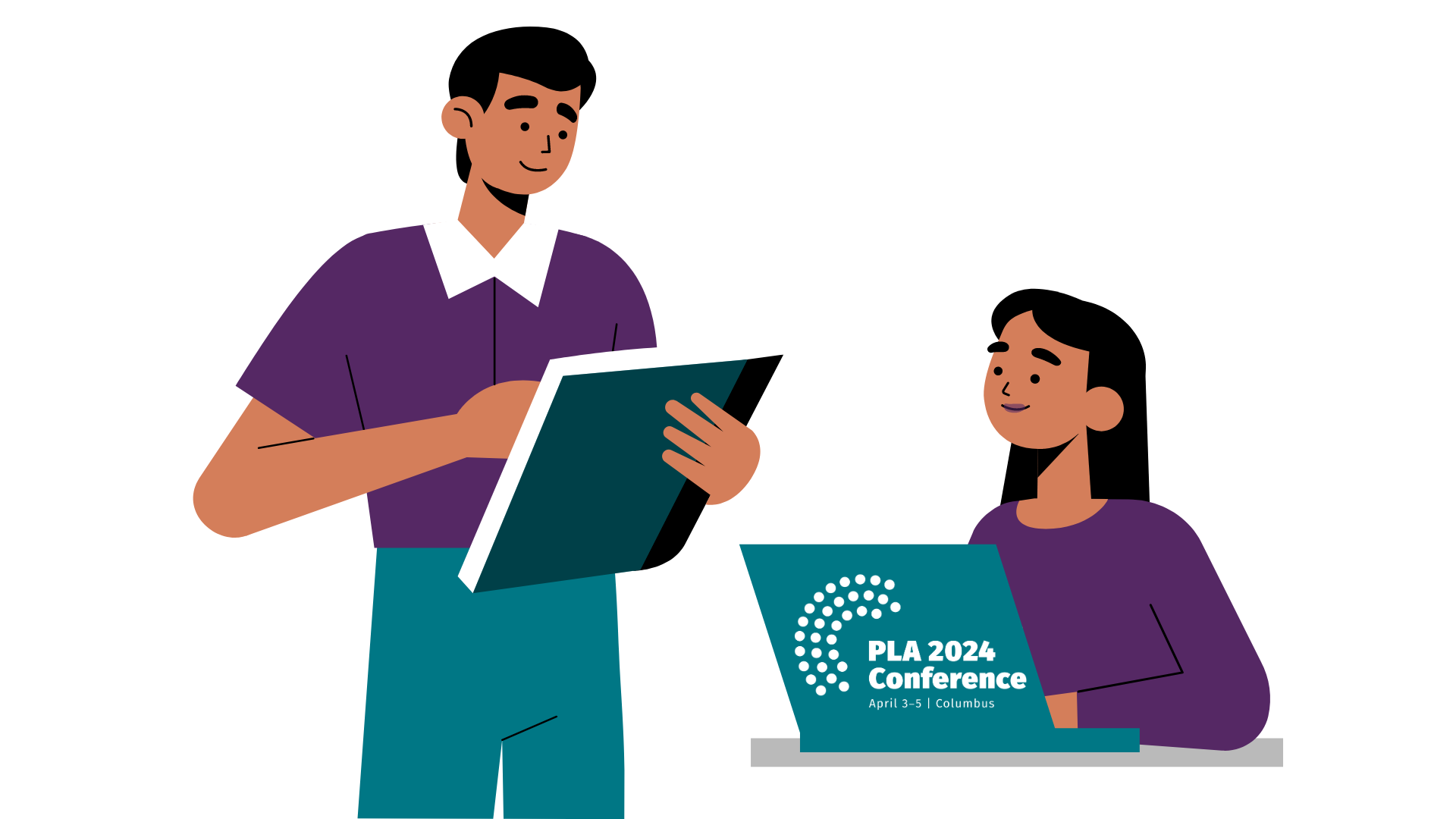Supporting Workforce Development with Libraries Work

By Dorothy Stoltz, Carrie Sanders, and Wesley Wilson
DOROTHY STOLTZ is Director for Community Engagement, Carroll County Public Library, Maryland.
CARRIE SANDERS is Youth Services Coordinator at Maryland State Library.
WESLEY WILSON is Chief, Central/SLRC, Enoch Pratt Free Library, Maryland State Library Resource Center.
Contact Dorothy at dstoltz@carr.org; contact Carrie at carrie.sanders@maryland.gov; contact Wesley at wwesley@prattlibrary.org
In Drive: The Surprising Truth about What Motivates Us, author Daniel Pink describes how human beings derive satisfaction when they “learn and create new things” and feel part of something noble.1 “As a result,” said Elizabeth Iaukea, digital inclusion librarian, Washington State Library, “libraries are in a unique position to inspire people to dream and help them learn the skills needed to discover a career track, succeed in a job interview, or set up their own business.”2 Jen Bishop, online services and emerging technologies supervisor for Carroll County (MD) Public Library, further observed that “by offering access to technology, such as 3D printing, robotics, and coding, libraries are strengthening the technology development pipeline. We are able to introduce people to new skills and connect them with local partners to take these skills to the next level.”3
Librarians across the country are promoters of what Thomas Friedman, New York Times columnist, calls “the importance of self-motivation.”4 The lifelong enjoyment of learning means putting joy into each activity in life, whether it is preparing a résumé or washing dishes or eliminating one’s irritability. A good workforce framework respects the individual to make up his or her mind to pursue one’s own interests, needs, and dreams. The challenge is to find the delicate balance between a prescriptive approach to workforce services in libraries and helping people discover their own niche in life. Take your cue from Libraries Work.
What is Libraries Work?
Formed in January 2017, Libraries Work is a national networking group among state library agencies. Inspired, in part, by the American Library Association’s 2016 white paper, “The People’s Incubator: Libraries Propel Entrepreneurship” by Charlie Wapner,5 Libraries Work focuses on supporting workforce development and has a broad range that includes:
- serving youth and adults;
- supporting not only tech hire and STEM skills, but the full college and career-ready learning standards and skills (even though liberal arts should remain a priority to help develop an open mind);
- connecting public libraries to WIOA (Workforce Innovation & Opportunity Act) and other national and state initiatives for career/work prep; and
- taking a proactive stance on getting libraries at the workforce and business development table in each community.6
The group collaborates with PLA and other organizations to engage in conversation, be inspired by each other’s accomplishments, and share ideas. PLA has established an online platform for Libraries Work to expand the conversation beyond state library agencies, connecting with individual libraries across the country. This networking group is a place to learn from each other. It explores the role of libraries to help a community celebrate the human drive to learn, grow, and contribute. How can each library support its community’s potential to flourish educationally, economically, and culturally, no matter the starting point?
Libraries Work poses questions such as:
- What can libraries offer that no one else in the community offers?
- How can libraries adapt to meet the evolving needs of employers?
- How can libraries integrate themselves more fully into the existing workforce and business development framework?
“We recognized the emerging need to provide aerial imagery services utilizing UAV’s (drones) to discerning clients. Starting a small business can be a very frightening and overwhelming experience. My questions about how to navigate the complex issues in starting a small business continued to grow as the process proceeded. With the help of the Small Business Information Center at the Cecil County (MD) Public Library, I was able to get a lot of those questions answered. With the assistance of the small business librarian, I left the library with a plan and direction, and was able to quickly get my business up and running,” said John Delp, Ascension Imagery, LLC.7
Cecil County (MD) Public Library staff conducted a focus group survey a few years ago that included sixty-one clients who had worked intensively with the small business librarian to launch their business venture. Those sixty-one clients ended up employing seventy-eight people. “That’s seventy-eight jobs in our community that didn’t exist before the library’s Small Business Information Center entered the picture,” said Cecil County Public Library CEO Morgan Miller. “We also found that there were indirect investments in supporting markets to be made as well—many of these clients used local banks or engaged the services of accountants, attorneys, graphic and web designers, to run and grow their businesses. This has been very compelling data when speaking to funders about the library’s value.”8
Cultivating Human Potential
“Librarians who go to their community in search of treasures will find boundless human potential—no matter the community’s composition,” said Betha Gutsche, WebJunction programs manager at OCLC.9
What about youth who are not working and are not currently in school? Many libraries offer activities, create strategies, and design plans to serve these so-called “disconnected” or “opportunity” youth who frequent them. These libraries partner with community agencies to provide opportunities to engage youth and young adults via:
- connections to job and career counseling and coaching;
- social services referrals;
- tech innovation laboratories;
- job fairs; and
- financial literacy.
Individuals may not realize they are learning marketable skills, exploring their potential, and creating new opportunities for themselves because they are immersed in the enjoyment of the activity. From robotics and virtual reality to creative writing classes and Shakespearean discussions, libraries can promote the value of learning, growing, and serving one’s community.
“A core value—such as, we’re each responsible for our own learning—can point people in the right direction,” said Darrell Robertson, North Carroll branch manager, Carroll County Public Library.10 Felton Thomas, director of Cleveland (OH) Public Library and 2016-17 PLA president said, “We’ve learned that for some individuals offering technology training can help them discover and explore their interests, talents, and innovation. We saw how access to a mini-laser engraver can inspire a twenty-two-year-old college dropout to start his own wedding glass engraving business.”11
It’s not as important for libraries to be able to count how many entrepreneurs start a business through their makerspaces or career and business centers as it is to design a culture of learning and an environment of exploration. Miller said, “In both the business and government sectors, there is more recognition that intangible assets drive economic value creation and along with this, new ways for libraries to measure and communicate their value.”12
Key Strategies
One of the key strategies for producing the results you want—no matter how you measure them—is to ask thoughtful questions and to ponder the answers completely and thoroughly. How can each person strive to be guided by the natural impulse to learn, grow, and contribute in life? What does this mean in a pragmatic way? The library can play a key role in the community’s ability to change and innovate by sparking curiosity, encouraging self-reliance, and developing perseverance. “The resilience of a library depends on the ability of its staff to listen and change with the community,” said Shirley Biladeau, program supervisor, Idaho Commission for Libraries.13
Working closely with the local department of economic development, Charles County (MD) Public Library helps create a community culture that values small business and workforce development. Besides offering classes on résumé writing, interview skills, and basic computer classes to help job seekers hone their skills, the library holds hiring fairs for local businesses looking for seasonal workers around the holidays and schedules the county’s JobSource bus to visit all library branches.
Janet Salazar, Charles County Public Library director, said, “By holding business meetings in the library, roundtable members were better able to understand the library’s potential and support a successful library grant application to create an innovation center. The center will house resources that small businesses can use to create their business plans, marketing materials, and even conduct long distance interviews.”14
Several manufacturing businesses moved into Northern Nevada in recent years, including Tesla’s Gigafactory—its battery production. This caused local citizen Kayla Homme, 22, to adjust her career focus. “I saw an opportunity,” she said. “I think it’s something like 70 percent men, so I figured as a woman I’d have a better chance.”15 Homme saw that the Carson City Library was offering a training certification course and enrolled. “We understand that closing the existing skills gaps in manufacturing is as much about today’s needs as it is tomorrow’s opportunities,” said Tammy Westergard, assistant administrator, Nevada State Library, Archives, and Public Records. “In particular, middle-skill occupations make up the vast majority of the twenty-first-century labor force demand.”16 Carson City (NV) Library was the first in the nation to become a Manufacturing Skills Institute (MSI) Assessment Center and MT1 Certified Trainer. When an individual wants to pursue certifications or trainings or specialized coursework, Ray Bacon, executive director of the Nevada Manufacturers Association, said “[Hosting the program at the library] opens it up to everybody.”17
Cathy Parsons, owner of Best Vacations, a full-service travel agency that is family owned and operated, said that the Cecil County Public Library’s Small Business Information Center helped her expand her business by allowing her to see “the importance of a bigger picture and that taking baby steps to achieve your ultimate dream is okay.”18
Cecil County Public Library CEO Morgan Miller said, “We help people in the dream stage — where do you go when all you have is an idea? The bank won’t help. If you have no business plan or marketing plan you need someone to hold your hand and give you the information you need to get there. Libraries are well equipped to do that — we have resources, research expertise, and are well networked in the community.”19
Libraries can offer services to bring out the best skills in staff and others in order to help people earn a living, start a business, or find other ways to contribute in life. We have a serious responsibility to our communities. Librarians are demonstrating how to think about and grapple with “the lifelong enjoyment of learning,” then doing that which can bring out the best in their communities to help all boats rise.
References
- Pink, Daniel H. Drive: The Surprising Truth about What Motivates Us. New York: Riverhead Books. (2009) p. 10.
- Personal Interview with Author via email. 11/17/17.
- Personal Interview with Author via email. 11/13/17.
- Attended Presentation by Thomas Friedman at 2017 National Book Festival. 9/3/2017. http://iwbc.ru/watch/eycwZuoh9PU/thomas-l-friedman-2017-national-book-festival.html
- Wapner, Charlie. “The People’s Incubator: Libraries Propel Entrepreneurship.” American Library Association, Office for Information Technology Policy. June 2016.
- Personal Interview with Members of Libraries Work via phone & email. 9/12/17
- Personal Interview with Author via email. 9/12/17
- Personal Interview with Author via email. 9/14/17
- Personal Interview with Author via email. 9/17/17
- Personal Interview with Author via email. 11/18/17
- Personal Interview with Author via email. 11/12/17
- Personal Interview with Author via email. 9/14/17
- Personal Interview with Author via email. 11/13/17
- Personal Interview with Author via email. 11/13/17
- Vance, Teri. “Students graduate from Carson City Library manufacturing program.” CarsonNow.org. October 23, 2015. http://www.carsonnow.org/story/10/23/2015/students-graduate-carson-city-library-manufacturing-program
- Personal Interview with Author via email. 11/13/17
- Vance, Teri. “Students graduate from Carson City Library manufacturing program.” CarsonNow.org. October 23, 2015. http://www.carsonnow.org/story/10/23/2015/students-graduate-carson-city-library-manufacturing-program
- Personal Interview with Author via email. 11/27/17
- Personal Interview with Author via email. 9/14/17

